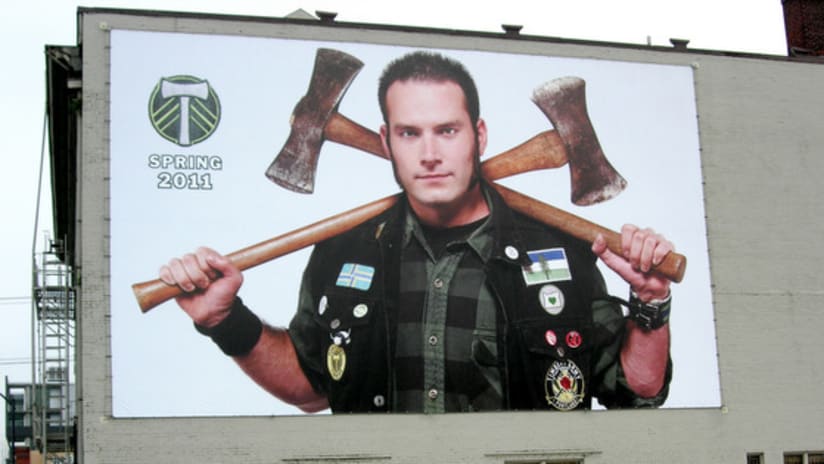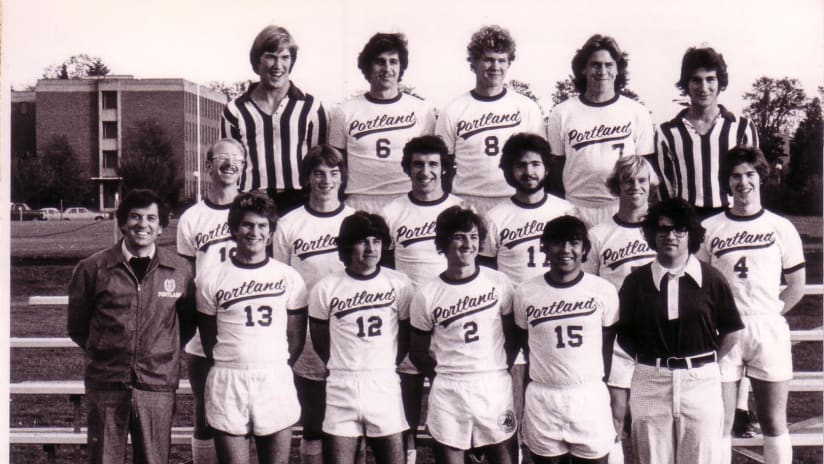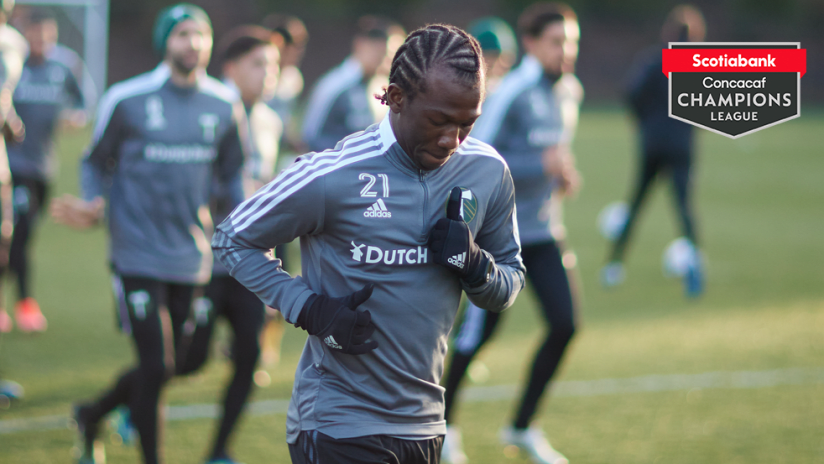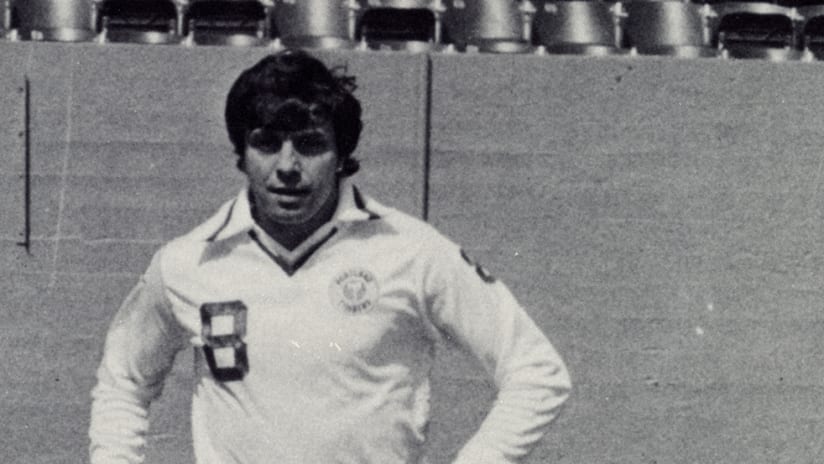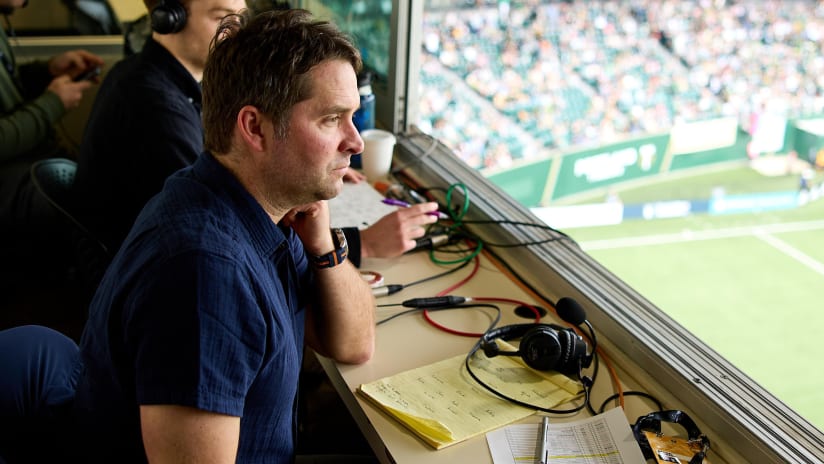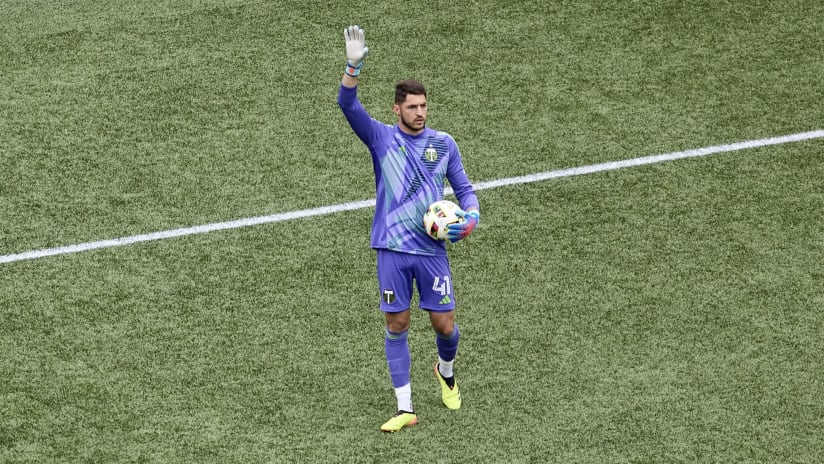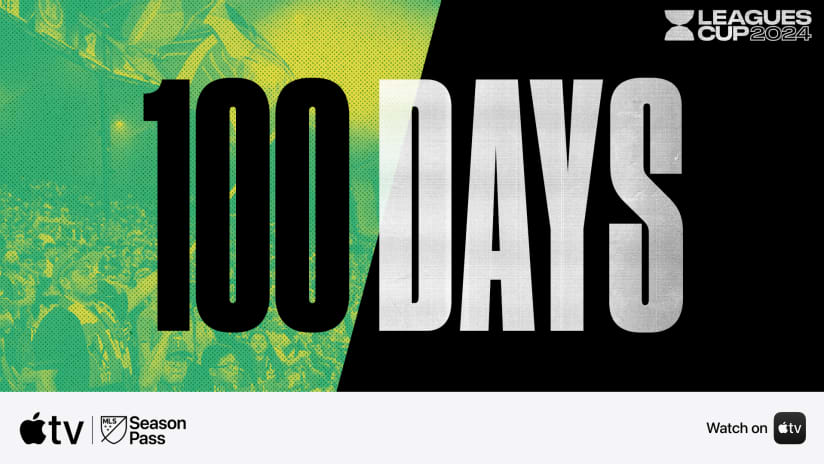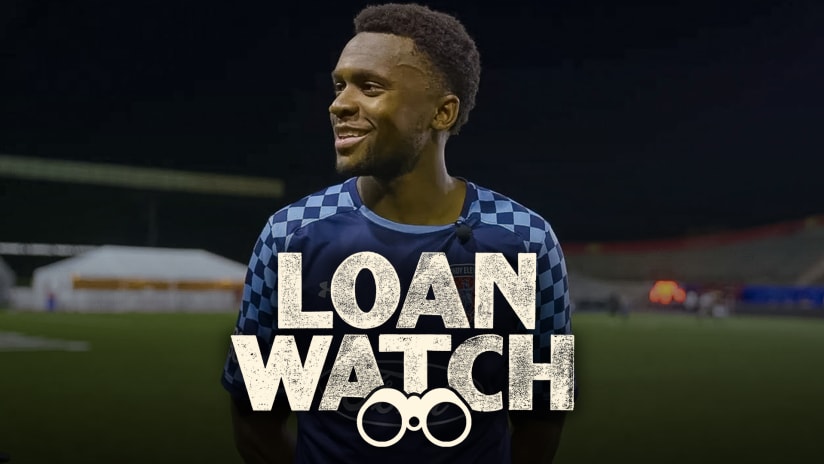We’ve read the stories of Eugénie Frerichs and Katie Dober as they tower over the city showing strength and fortitude in our winter rains. Our next profile is on the double-axe wielding Abram Goldman-Armstrong. One of the original supporters of the Timbers during the USL re-birth in 2001, Abe was among those who helped mold the Timbers Army. Just elected to his second term on the 107 Independent Supporter’s Trust board (107ist), Abe also works for Lovett Deconstruction taking apart buildings by hand to salvage materials as well as being and accomplished journalist specializing in the brewing industry and microbrews.
Bold and opinionated, Abe loves his Timbers and is the epitome of the saying, “Rose City Till I Die.”
Questions and answers have been edited for clarity.
Where did you grow up?
Abram Goldman-Armstrong: I grew up outside of Yamhill out in the Coast Range. I went to college in St. Paul, MN and spent a year in Cork City, in Ireland. After college, I moved back to Oregon and into Portland.
Were you a soccer fan growing up?
AG-A: Yes. I grew up playing soccer in middle school and high school. We even created a club team in high school. We didn’t have soccer as a school sport and we played as a club team and then got the school board to adopt it as an official school sport. I’ve definitely always supported the local Portland soccer team. I attended a Timbers reunion match in 1988 and followed the Portland Pride indoor team in high school. Living in Cork City, I went to all the Cork City matches that I could. All the home matches would be on a Sunday afternoon and we’d get together in the Horseshoe pub beforehand. I stood in The Shed there which was the equivalent of the Timbers Army where the younger more vocal supporters are. I learned a lot of great chants there.
You write about the brewing industry on an international scale but also a lot about the microbrew culture in Portland. What is it you like about Portland? Why did you come back here after your travels?
AG-A: I think our culture is amazing. The beer culture is amazing and the social culture is amazing. It’s more European than most North American cities. But I think culturally and environmental issues are a big deal here and Oregon has always kind of been at the forefront of having strong legislative support of the environment and working to preserve the environment. I think that it’s just indicative of the spirit of Portland.
WATCH: No Pity In The Rose City
With those elements—the environmentalism, the European feel, etc.— how do you think they relate to why Portland has a soccer team? How does that synergy work in your opinion and why?
AG-A:
That’s a tough question but I think that it’s a natural fit and an extension of the kind of creativity and more global view of culture and society. As far as the Timbers go, when I started going to the games in 2001 at the first match, I was singing songs that I had learned watching soccer games in Ireland. There were a lot of people that had an English-style supporters tradition and there were people who had more Italian-style supporters traditions and South American-style supporters traditions and those kind of all fed together. I think in Portland, there’s this looking to the outside, beyond the American borders. We had creative people and people who have different influences so we created our own style of support.
A kind of frontier spirit?
AG-A:
Yes. There’s a little bit of that, definitely, the frontier spirit and the land at the end of the Oregon Trail where anything is possible. I grew up in Oregon but I’m kind of unusual in that regard. In Portland, there’s so many people that have come from all over the world. They really do see Oregon as the Promised Land and a place to live a better life. A lot of that optimism is important, I think, because there’s constantly an influx of new ideas and a belief that things will be better here.
In Oregon, with that possibility of creating and with the Timbers early in the USL, it was clear that we were different. The supporters in Portland were not like, say, the supporters in Charleston. The fact that we even talked about ourselves as supporters rather than fans, not to speak for people down there, but I think that that’s very different. We developed a supporters culture that was unique and very passionate.
What was the Timbers Army like at the beginning vs. now? How will it be next year?
AG-A:
It has been fun for us the whole time throughout the past ten years and you can only assume and hope that it will continue to be in the MLS as well. It was just a bunch of us who thought we were pretty cool when there were only 40 of us doing traditional English chants and then we started coming up with our own, getting more clever, more spontaneous chants. Over the years, it’s really grown. The whole environment is still this kind of collective feeling of lending your voice to the whole whatever it is you’re singing. It’s empowering in that mass of people. Especially for those few of us who were behind the goal making as much noise as we possibly could so they could hear us throughout the stadium but now there’s thousands of other people around you. It’s insane. It’s really an exciting feeling.
One thing I should talk about a little bit because I am on the board of the 107ist—the Timbers Independent Supporters Trust. It came out of the organizing to lobby City Council for an MLS franchise. We were always talking about the Timbers Army as an army without generals. It was a great ideal but there’s a lot of logistics that need to be handled as we’ve grown to such a size. The 107ist is a pretty important component that we’ve gotten ready for MLS. Hopefully we’ve prepared ourselves enough that we can embrace the growth because we have a strong support base and will be able to preserve a lot of our supporters culture going forward as the Timbers Army with this identity. I think that we’ve put the framework in place to make a pretty smooth transition.

